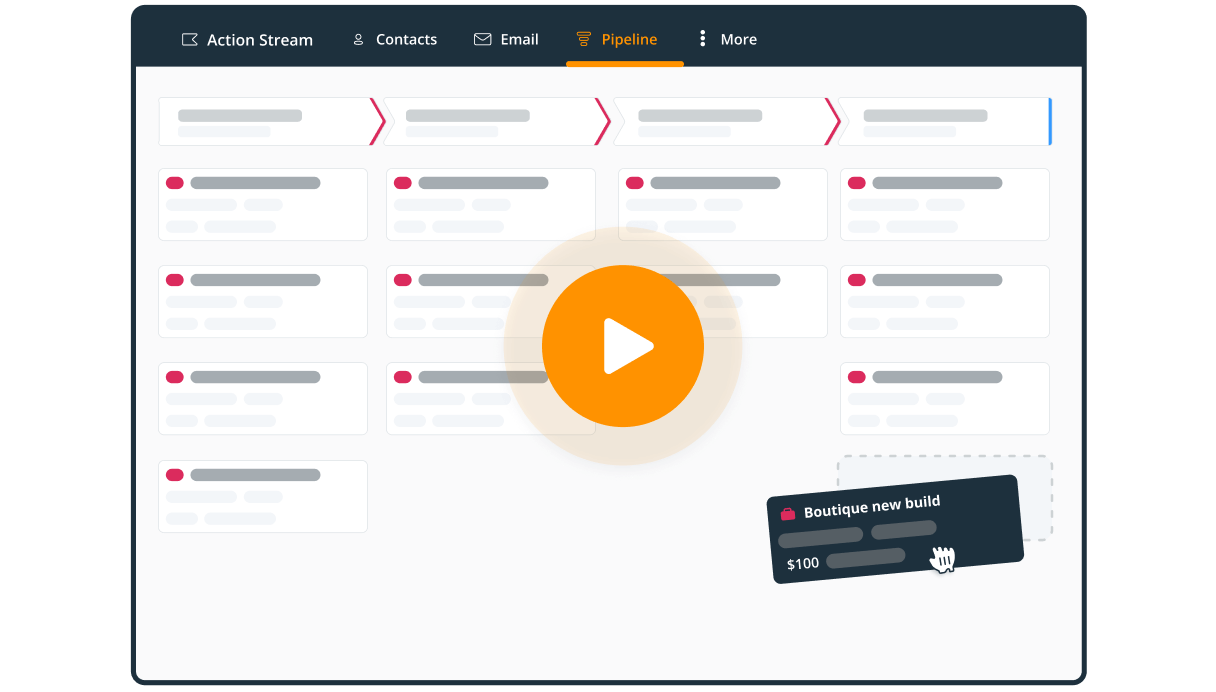
Sales Managers: Use These 5 Strategies to Drive Consistent Sales Performance

This post by Jordan Wan was originally published on the CloserIQ blog. CloserIQ is a sales recruiting platform connecting top sales talent and startups.
When it comes to sales performance, consistency is what separates the good from the great. How often have you witnessed a rep having a record period—followed by spats of mediocre performance? But a rep’s performance volatility isn’t always due to his or her lack of ability or talent. As a manager, you can help mitigate swings in your team members’ sales performance. Here’s how:
1. Conduct weekly pipeline reviews.
A weekly team meeting can help managers ensure that reps’ sales activities and pipeline priorities are on track to produce target performance. If you have a longer deal cycle, you can do less frequent check-ins, but it’s important to build a habit of reviewing each individual rep’s KPIs. These meetings will help your team ingrain the intermediate goals they should keep front-of-mind at all times—and help you catch problems early.
2. Manage to the shape of the pipeline.
Performance volatility can often be attributed to the poor prioritization of sales activities, particularly for reps who are selling deals end-to-end (from lead generation to close). A rep who’s having a great closing week may be so emotionally focused on closing deals and finishing a record week that they de-prioritize early-stage activities—like prospecting and setting up meetings.
As you can imagine, this often leads to a major swing in performance. In your pipeline reviews (see point No.1), focus not only on the breadth but also the shape of your reps’ funnels. A bottom-heavy funnel shape—concentrating too much on closing—is a sign of insufficient prospecting and early-stage activities.
3. Specialize the roles within your sales team.
As popularized by Predictable Revenue, segmenting the sales process into specialized roles (like a lead generator, a meetings coordinator, a closer, and an account manager) can help create more consistent results. After all, prioritization becomes a lot easier if each rep is responsible for only one part of the sales process. This way, your reps can really master their domains. Plus, it will help you define super-targeted performance metrics and goals for each role.
4. Shorten your quota timeframe.
Your quota period should be long enough that your reps are not constantly bouncing in and out of target range. But beyond that, make your quota timeframe as short as possible—you want your reps to feel the right amount of oversight to motivate them to constantly hustle. Monthly, quarterly, and annual quota periods are fairly typical and can allow a rep to plan out their own strategy. If you’re using a quarterly or annual timeframe, it’s probably worth considering the benefits of moving to monthly.
5. Create extra incentives around month-end, holidays, and slow seasons.
If you can predict and quantify the seasonal and holiday impact on your sales process, then why not plan ahead? Leveraging carrots like kickers and bonuses in addition to sticks like daily check-ins can help you mitigate tough performance periods. Just make sure you strike a balance: calling an 8 a.m. all-hands every day in the last week of a short month like February needs to be offset with some extra commission checks and recognition for your team.








